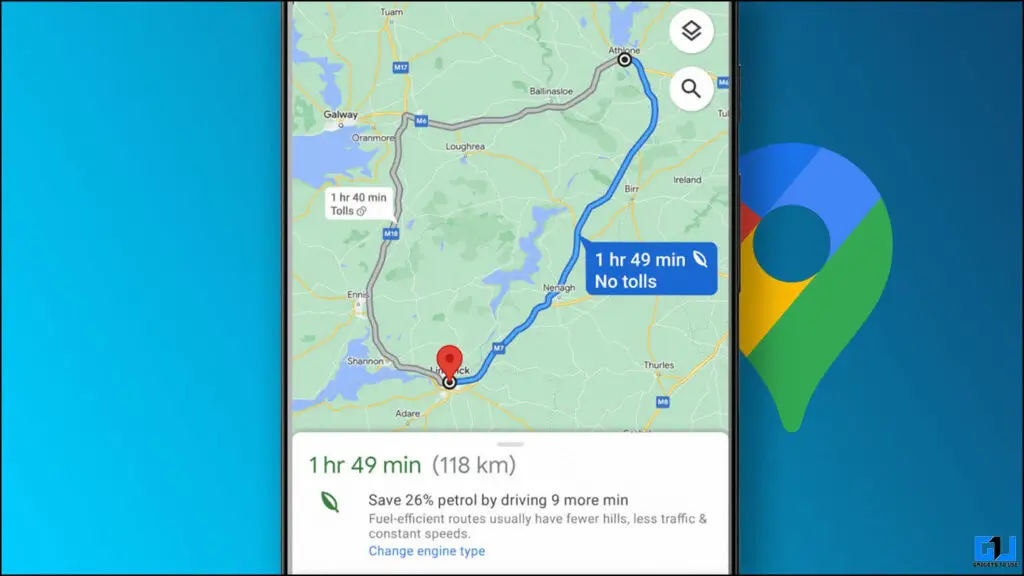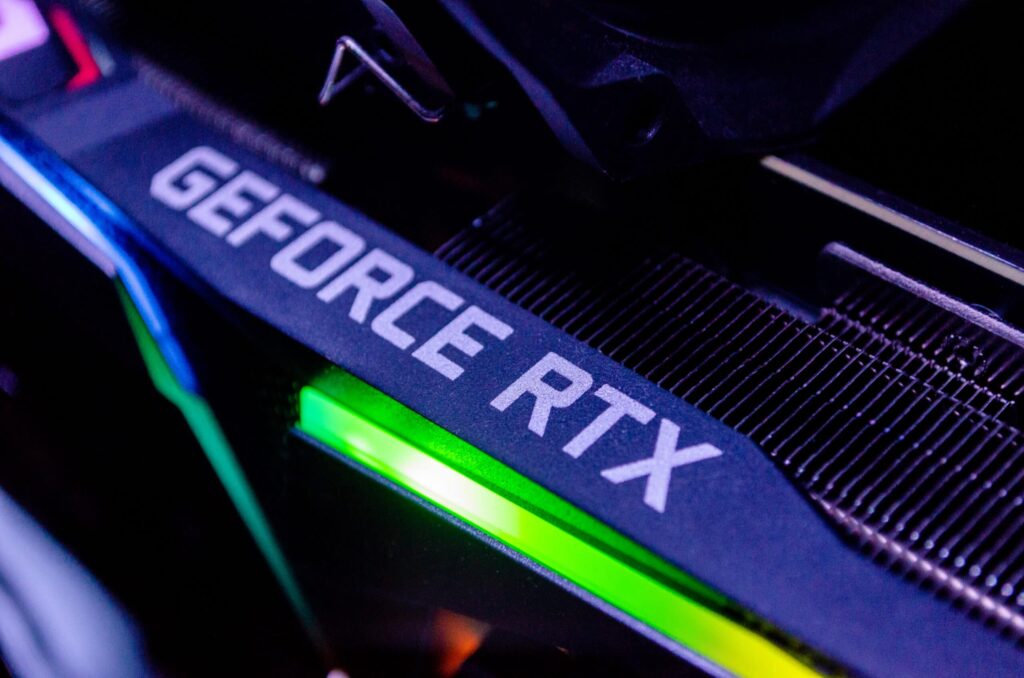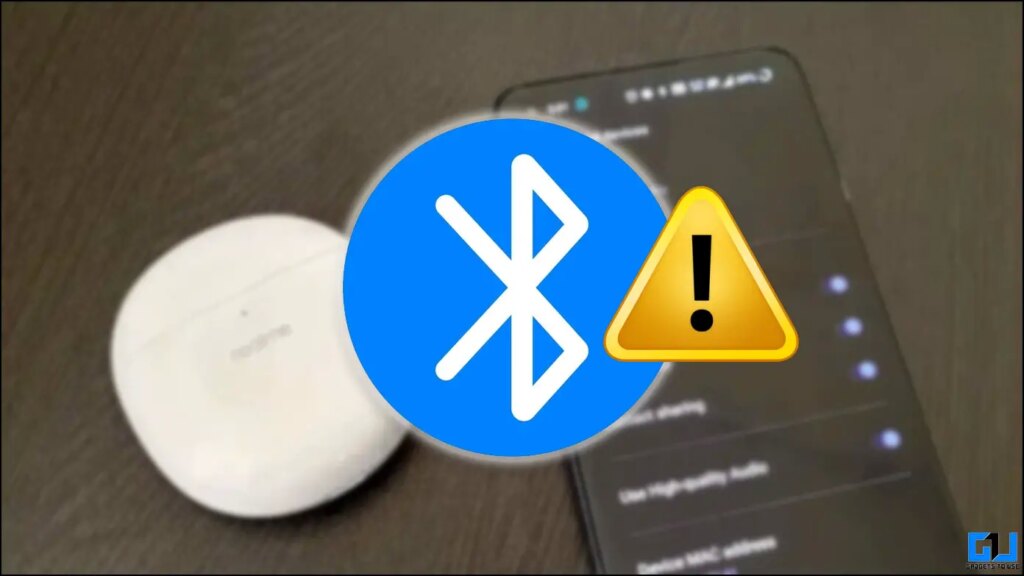L’Actualité High-Tech
Média spécialisé dans l’univers de l’high-tech, l’Hardware et du Gaming, offrant des comparatifs, guides d’achat et classements objectifs, garantissant des prix attractifs et les meilleurs choix grâce à une équipe de passionnée.
Nos Articles Les Plus Consultés
Notre vision de l’actualité High-Tech
Communautaire
Neuf.tv est un média communautaire, une grande partie de nos lecteurs nous contactent pour discuter des sujets à aborder !
Professionnel
Nos articles principaux sont rédigés par des experts du secteur pour vous tenir informé des dernières actus !
Rapide
Nous sommes à l’affut de toute information intéressante, soyez sûr que toutes les dernières actualités sont présentes sur Neuf.tv.











